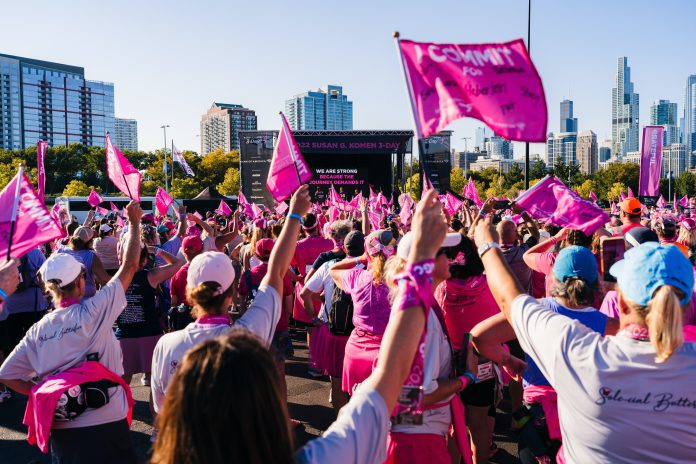A breakthrough study has shed light on the potential of psilocybin-assisted group therapy in easing depression and anxiety symptoms linked to cancer diagnoses.
Psilocybin, a classic psychedelic found in magic mushrooms, is known for its powerful effects on mental health, leading to significant improvements in anxiety and depression.
These positive effects can last for six months or even more than five years in some individuals, making psilocybin a promising tool in mental health treatment.
Previous studies have primarily focused on individual treatment formats, which can be resource-intensive and challenging to scale.
A single psilocybin therapy session can require over 40 clinician hours per participant.
Addressing this issue, the researchers explored the feasibility of a group therapy model, in which the therapist-to-participant ratio is reduced, expanding the reach of this promising treatment.
Psychedelics have a long history of use in group settings for spiritual purposes, such as traditional Mazatec rituals with psilocybin-containing mushrooms, and ayahuasca and huachuma ceremonies in Central and South America.
These practices lend support to the safety and potential therapeutic power of group psychedelic therapy.
Furthermore, it’s hypothesized that psilocybin experiences may enhance group psychotherapy processes by facilitating feelings of interpersonal connectedness, pro-sociality, and empathy, which have been identified as key factors in therapeutic change.
This approach could be particularly beneficial for cancer patients, whose experience with the illness can be isolating and often reduces their engagement with life and relationships.
Group-based support and psychotherapy interventions have a well-established precedent in this population.
In the pilot study, named the HOPE trial, the team worked with 12 cancer patients dealing with depressive and anxiety symptoms, using a protocol that included group preparation sessions, one high-dose group psilocybin session, and group integration sessions.
The participants were predominantly female, with an average age of 48.
The results of the study were encouraging, demonstrating the safety, feasibility, and potential efficacy of psilocybin-assisted group therapy for patients grappling with depression symptoms associated with a cancer diagnosis.
There were no serious adverse events, and transient adverse reactions were well tolerated and safe.
The researchers believe that group psilocybin therapy could be an effective, efficient, and scalable solution to provide relief to cancer patients facing anxiety and depression.
This promising study offers hope for patients and healthcare professionals alike, setting the stage for further investigations into this innovative approach.


